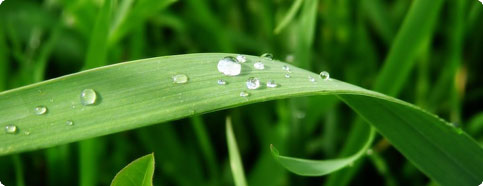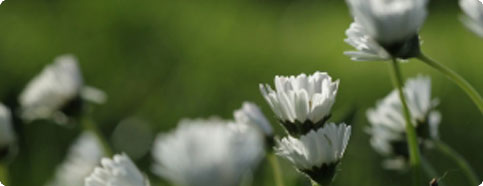Flora Library
Search for clostridium botulinum


















clostridium botulinum
Listing 1 - 10 from 10 for clostridium botulinum
foodborne illness carrion flowers canned foods food borne illness botulism spores food poisoning food safety bacterial growth pressure canner water bath canner food infection cause food flowers smell stinking flowers garlic bulbils cause illness
Foodborne Illness
... Infant Botulism and Honey Preventing Foodborne Illness Associated with Clostridium perfringens Preventing Foodborne Illness: Bacillus cereus and Bacillus anthracis Preventing Foodborne Illness: Clostridium botulinum Preventing Foodborne Illness: Campylobacteriosis Preventing Foodborne Illness: Cyclospora cayetanensis ...
edis.ifas.ufl.edu
Herbs and Garlic-in-Oil Mixtures: Safe Handling Practices for Consumers
... If not handled properly, herbs and garlic-in-oil mixtures can support growth of Clostridium botulinum, a bacterium that causes botulism. These bacteria are widespread in nature, but seldom ... provides an ideal environment for Clostridium botulinum, especially when the product has been stored at a temperature high enough for the bacteria to grow. When Clostridium botulinum grow in the contaminated ...
edis.ifas.ufl.edu More from this site
Homemade herbs and vegetables in oil may be hazardous to health
... to prevent bacterial growth. “These low-acid foods can be a source of ‘Clostridium botulinum’ bacteria,” said Raab. Clostridium botulinum produces a toxin that causes botulism, a cause of fatal food poisoning. Because these ...
extension.oregonstate.edu
Basics for Canning Fruit, HYG-5343-97
... may be used for processing. Although spoilage can occur in home-canned fruits, contamination with Clostridium botulinum, the bacteria that causes botulism, is not a threat. Equipment A water bath canner can ...
ohioline.osu.edu
Medical Alkaloid Photos
... has also been used to treat the spastic paralysis of tetanus toxin from the bacterium Clostridium botulinum. Tetanus toxin causes uncontrollable muscle contraction throughout the body. Go To Isoquinoline Alkaloids In Plant ...
waynesword.palomar.edu
Stinking Flowers
... is the presence of rotten-smelling amines produced by proteolytic strains of the anaerobic bacterium Clostridium botulinum. Amines are also produced by the action of intestinal bacteria and are often released in ...
waynesword.palomar.edu More from this site
Bacterial food-borne illness
... infection. Staphylococcus and Clostridium botulinum bacteria produce a toxin (or poison) as a by-product of growth and multiplication in food and cause food intoxication. Clostridium perfringens can ... involved are Staphylococcus aureus and Clostridium botulinum. (See fact sheet 9.305, Botulism, for more information on its prevention.) In the case of Clostridium perfringens, illness is caused by ...
www.ext.colostate.edu
Ask Extension Database, NDSU Extension Service
... by animals. Canned low-acid foods can contain the deadly toxin caused by growth of Clostridium botulinum bacteria, without showing any visible signs of spoilage. The risk of botulism is greater with ...
www.ext.nodak.edu
Publication: Garlic Production in the Home Garden
... growth and subsequent toxin production of the bacterium Clostridium botulinum. Moisture, room temperature, lack of oxygen and low-acid conditions all favor the growth of Clostridium botulinum.. When growing, the bacterium produces an extremely ...
www.ianrpubs.unl.edu
Botulism: What you don't see can hurt you, HYG-5567-98
... Botulism? Botulism is the name of the food poisoning we get consuming the toxin of Clostridium botulinium. Botulism was formerly known as "Kerner's Disease." It was named after the man ... as four hours and as long as eight days. Where does botulism come from? C. botulinum is found in soil all over the world. The bacteria have the ability to form ...
ohioline.osu.edu
These listings are filtered
View all for clostridium botulinum